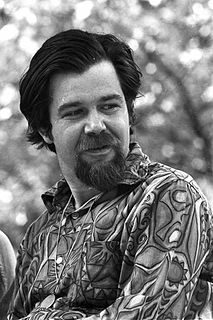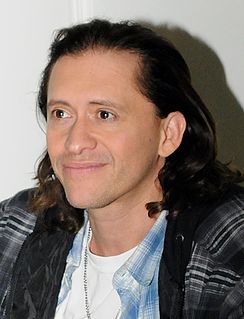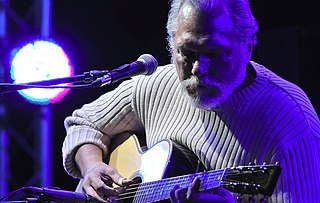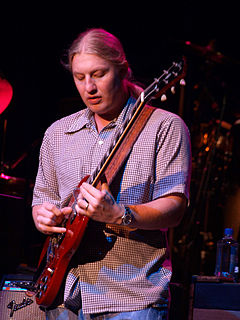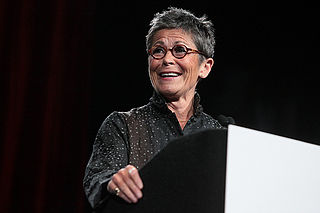A Quote by Dave Van Ronk
Ian and Sylvia, who, when you got right down to it, were essentially country and western singers. I just recorded his Four Strong Winds. It's a wonderful song.
Related Quotes
I just essentially stayed at home for three years and just learned to play as many instruments as I could and listened to as many singers as I could. Like, when I got to about 19/20, I started listening to singers. I normally just listened to bands. Now I listen to a lot of old singers, not a lot of new stuff.
I think we did our first session in 1958. There were no black background singers - there were only white singers. They weren't even called background singers; they were just called singers. I don't know who gave us the name 'background singers,' but I think that came about when The Blossoms started doing background.
I sat down and tried to write a story. "Ian MacArthur is a wonderful sweet fellow who wears glasses and peers out of them with delight." That was the first sentence. The problem was that I just couldn't think of the next one. After cleaning my room three times, I decided to leave Ian alone for a while because I was starting to get mad at him.
I started with the chorus of that song, kind of like a fun bouncy thing to play, and then one of the lines popped up: 'I got things to do today, people to see, things to say.' I wrote about a dozen verses for it, but no song needs to be that long unless you're Bob Dylan. So when we recorded it I started to tear it down to some of the lines I thought were the funniest.
I love researching, whether it's old Western documentaries or old Western country singers or John Ford Westerns, which are heavily influenced by family values, which so many of these country songs are related to. I'm having a good time doing that, and writing some treatments and hoping to bring a new style of music video to the country genre, that is starting to become very poppy.
I had a hole in my voice. It's an area in the voice where it's air. It's just - there's no - it's just very airy. And my classical teachers were just so frustrated with me because I would have these deep, low notes that were really strong, and the higher register was strong, but right in that middle area, it was really hard. It was like a passage. And many singers go through this and work it out. But I realized in jazz, I could just take advantage of that and take advantage of having a voice that was very different in different areas.
The interesting thing about a song like 'Bulletproof Heart' - it was [originally] called 'Trans Am' - the interesting thing about the amalgamation of that song was that the song also lived within us, like we all got to live with the song and it was around for about a year before we recorded it again, so the song got to really transform, which you don't really get to do.
In his second term, [Ronald] Reagan completed the work of his first term - the rich got really rich, everything was deregulated, advocacy programs were quashed, the Savings and Loan program was trashed, the deficit was tripled, unions were busted, Housing and Urban Developing was in shambles, banks were closing, the military got lots of new toys, the religious right was strong, and AIDS was ignored.
